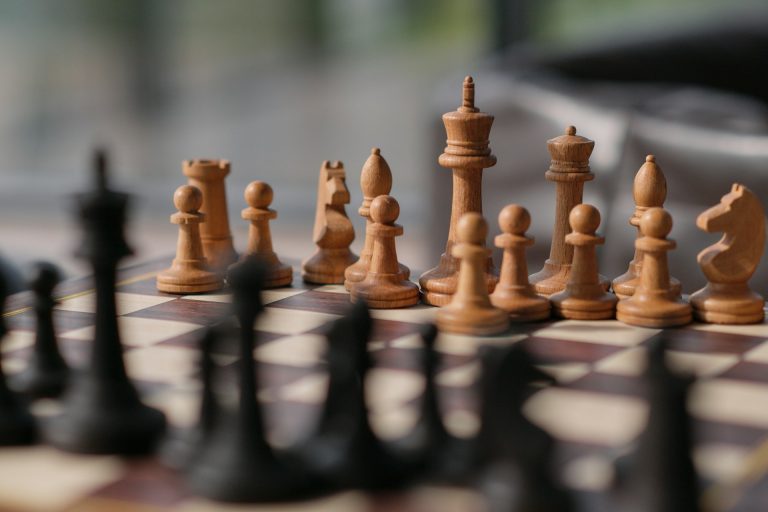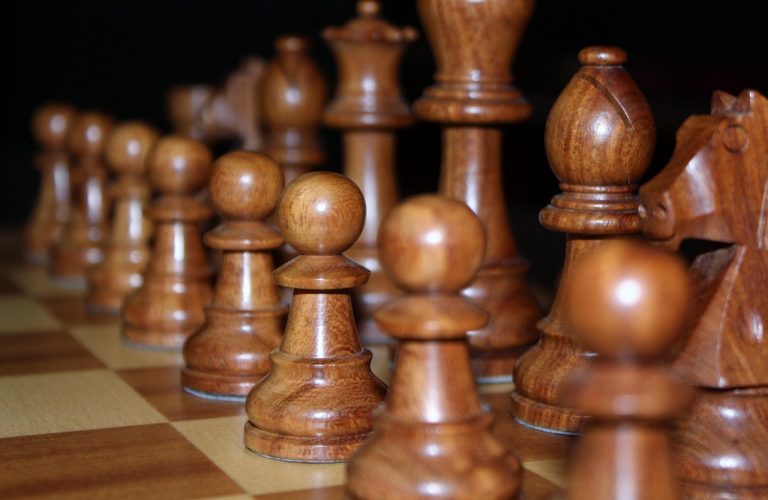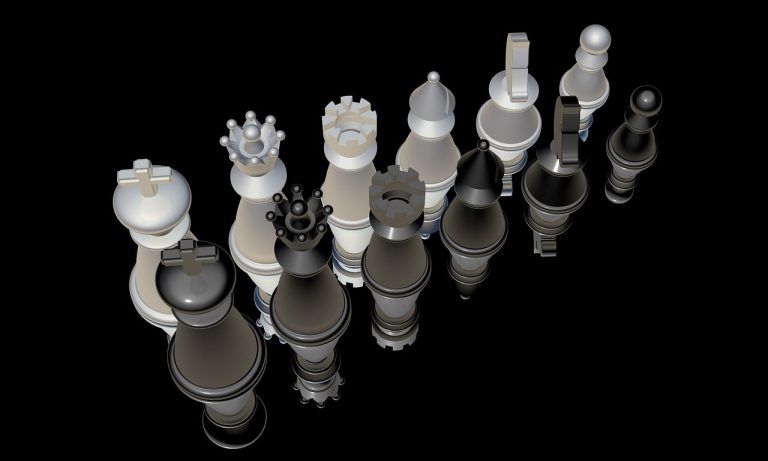
The tension at the FIDE World Cup in Goa reached a breaking point during the second game of the finals and the third-place match. While the battle for the title between Wei Yi and Javokhir Sindarov remains deadlocked, requiring a high-stakes tiebreak, the third-place encounter saw a decisive conclusion. Russian Grandmaster Andrey Esipenko defeated Nodirbek Yakubboev, securing not only the bronze medal but also a coveted ticket to the 2026 Candidates Tournament.
The event, hosted at the Resort Rio since November 1, has whittled down a field of 206 participants—including heavyweights like World Champion Gukesh Dommaraju—to the final few. With the top three finishers guaranteed qualification for the next cycle, the stakes in the third-place match were effectively as high as the final itself.
Esipenko Punishes Yakubboev’s Desperation
Coming into the second game of the third-place match, Uzbekistan’s Nodirbek Yakubboev was in a dire situation. Having lost the first game, he was forced to play for a win with the White pieces to stay in the match. Yakubboev opted for a flexible opening (1.Nf3), eventually steering into complex waters. However, the psychological burden of a must-win scenario often forces errors, and this game was no exception.
Yakubboev took a significant risk by capturing a pawn on d5, a decision that allowed Esipenko to seize the initiative. The game quickly turned against White. By the time Esipenko planted a knight on d3, the position became suffocating. As Grandmaster Efim Bogoljubov once famously remarked, “Having a knight planted in your position at the 6th rank is worse than a rusty nail in your knee.”
Stockfish evaluations plummeted to -3.40 for Yakubboev, despite the material balance appearing somewhat deceptive on the surface. Grandmaster Peter Leko offered insight into the mindset required in such chaotic positions: “As a player, you are in the dark. You never know if it’s good or not… but you have to fight.” Unfortunately for the Uzbek player, the fight ended in a 2-0 match sweep for Esipenko.
With this victory, Esipenko joins a confirmed list of Candidates qualifiers that reportedly includes Fabiano Caruana, Anish Giri, Matthias Bluebaum, Wei Yi, and Javokhir Sindarov. Additionally, Hikaru Nakamura is projected to qualify via rating, with R. Praggnanandhaa likely taking the FIDE Circuit spot.
A Strategic Truce in the Final
In stark contrast to the violence on the third-place board, the championship match between China’s Wei Yi and Uzbekistan’s Javokhir Sindarov saw a quick cessation of hostilities. Wei Yi, playing with the White pieces, surprised spectators by choosing the Four Knights Game—a reputedly quiet opening that often signals peaceful intentions.
The game followed a line where queens were exchanged early (10…Qxe7), leading to a symmetrical structure. The swift liquidation of pieces brought to mind an old joke from a 1924 issue of the magazine 64, where a beginner watching two Grandmasters remarks, “In my opinion, these two don’t play any better than me; after barely 10 moves they’ve both already lost their Queen.”
A draw was agreed upon after just 30 moves. Wei Yi’s decision to steer toward a draw with White suggests a high degree of confidence in his ability to outplay Sindarov in the faster time controls. Both players have shown resilience in tiebreaks throughout the tournament; Sindarov eliminated Yu Yangyi and Nodirbek Yakubboev in overtime, while Wei Yi survived shootouts against strong opponents like Parham Maghsoodloo and Arjun Erigaisi.
The Tiebreak format
The title will now be decided in a series of tiebreaks. The regulations stipulate two rapid games played at a time control of 15 minutes plus a 10-second increment. If the deadlock persists, they will move to “slow blitz” (10+10), followed by standard blitz (5+3).
Should the scores remain even after the blitz portion, the match will be decided by a “sudden death” game. This final stage involves a unique bidding system where players submit the lowest time they are willing to play with as Black. The winner of the bid gets the Black pieces and draw odds, while White starts with 4 minutes and must win the game to claim the title.





